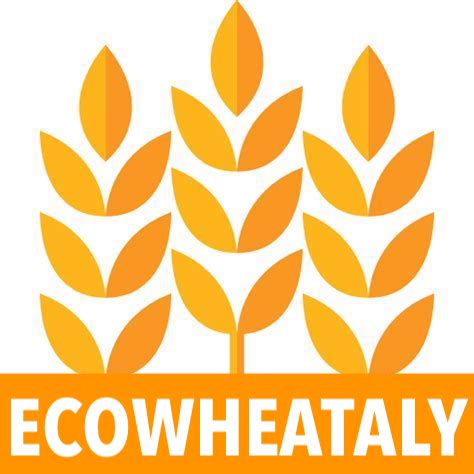Green Cooperatives: The New Face of Italy’s Cereal Supply Chains
Wheat has always connected communities and families — and now, it connects them through sustainability.Across Italy, green cooperatives are transforming agriculture by sharing tools, data, and values: innovation, ecology, and fairness. From Agricultural to Environmental Cooperatives Traditional farming cooperatives, once focused on shared machinery and credit, are now evolving into environmental cooperatives.They combine food production …
Read more “Green Cooperatives: The New Face of Italy’s Cereal Supply Chains”

